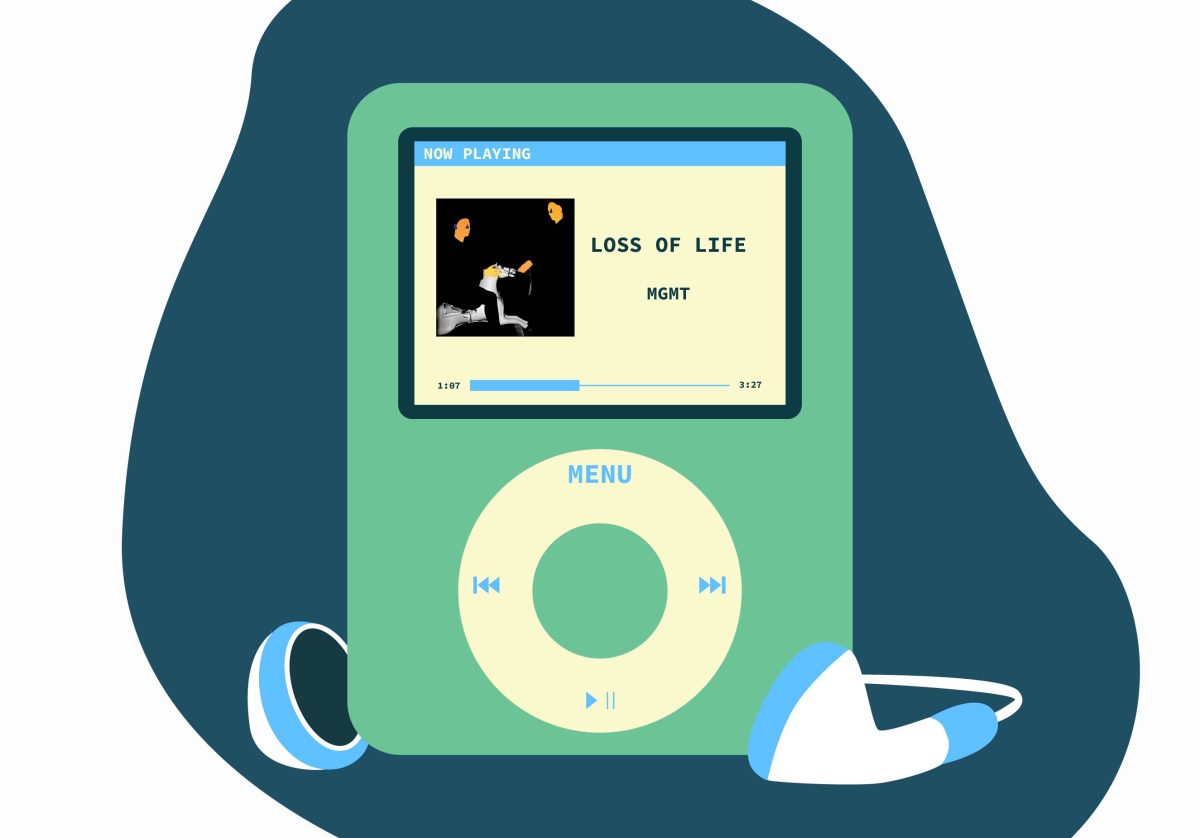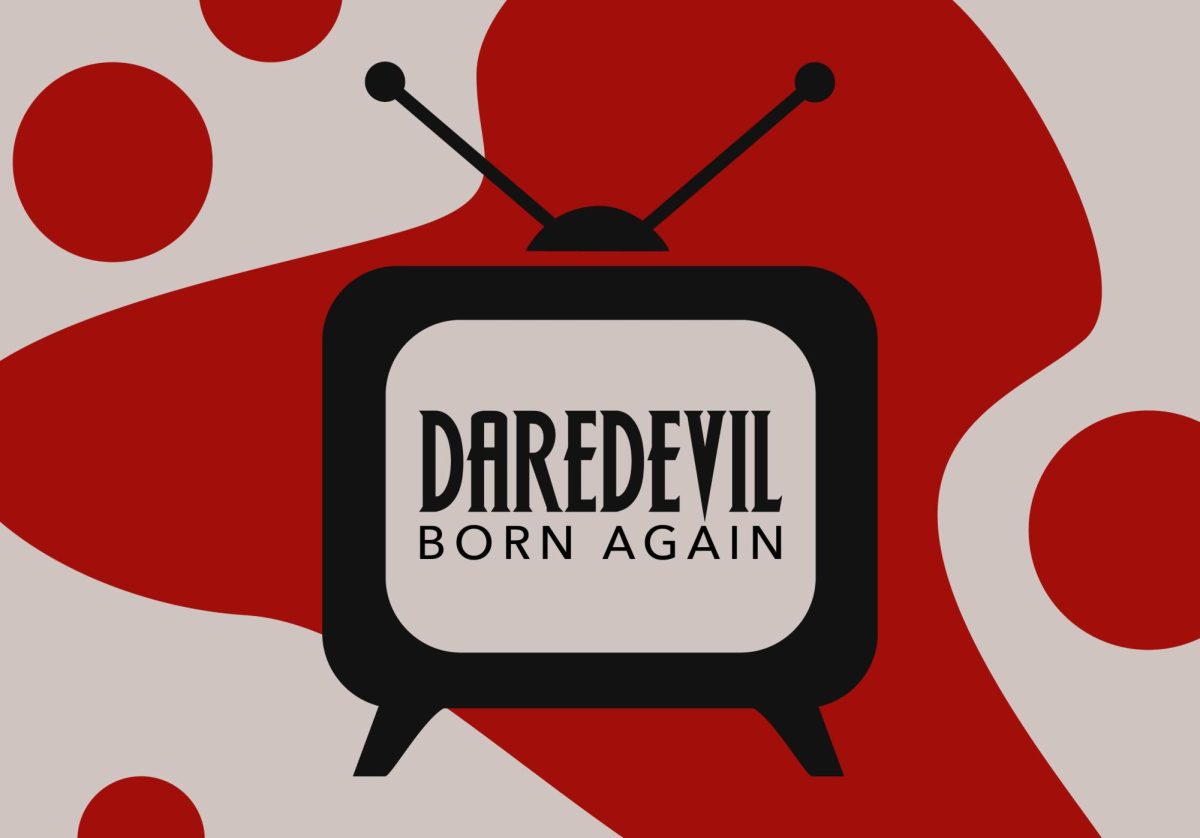MGMT’s new LP “Loss of Life,” released on Friday, comes six years after the critically acclaimed album “Little Dark Age.”
“Loss of Life,” however, feels meandering and empty – feeling largely misguided in contrast with its predecessor due to an over-reliance on the acoustic guitar. “Little Dark Age” was one of those albums that seemingly everyone, regardless of music taste, loved – it was an electro-pop crossover success.
Acoustic guitar can be heard loud and clear on just about every track on the album. Acoustic guitars are not the defining musical element that people love about MGMT, it is electronic production. The strongest moments on “Loss of Life” are when the band sticks to electronic production. At those points the band sounds the most inspired.
The album kicks off with the song “Mother Nature,” an unremarkable cheesy indie ballad that truly just belongs in the 2010s. It is not a terrible song, but it starts the album off on the wrong foot.
Third in the track list is “Dancing in Babylon” featuring Christine and the Queens. “Dancing in Babylon” starts off pretty boring before it progresses into a chorus that sounds like it could have been ripped from a corny 1980s piano ballad.
However, the track redeems itself three minutes in, with a beat switch that transforms the track from boring and sentimental into energetic and engaging. However, the redemption towards the end of the song is not enough to justify the uninteresting first few minutes of it.
The ambience of “People in the Streets” is a highlight from the record, accented by atmospheric wind instruments and a simple bass line. It is one of the drearier tracks on the album, but the experimentation MGMT does with the production keeps it from feeling totally lifeless.
“Bubblegum Dog” is the strongest song on the album, and one of the only examples on “Loss of Life” where the band used the acoustic guitar in an engaging way. As a whole, it is a well-written track that is especially suited for blasting from your car while driving at night. The emphasis on electric guitars over acoustic guitars was a good decision, adding some energy to the song that much of the album lacks. If the whole album sounded like this, it would be better for it.
Roughly halfway through the album comes the tracks “Nothing To Declare” and “Nothing Changes,” two milquetoast tracks that suffer from the same thing the weaker tracks on the album do — too much acoustic guitar.
“Phradie’s Song,” towards the end of the tracklist starts out as a boring acoustic guitar-driven track, but shifts towards the end of the song for one of the stronger moments on the album, decorated pops, cracks and glitches over a commanding synth arrangement.
The closing title track is solid, the electronic production feels refreshing in a sea of unnecessary acoustic guitars. The track has strong vocals, and a just as strong synth-based instrumental. However, halfway in the track, it feels like it goes off the rails into a direction that features brass instruments and strings, but it finds its footing quickly again as an energetic, glitchy drum track helps bring the album to a close.
“Loss of Life” is, at its worst, atmospheric without reason, and at its best, impressively lush. Unfortunately, the album’s high points are too few and far between its hollow and lackluster moments, making it a less-than-ideal album to justify a six-year wait.















Alex
Mar 1, 2024 at 2:53 pm
Just say you hate acoustic guitar and save us the time of reading this crappy review